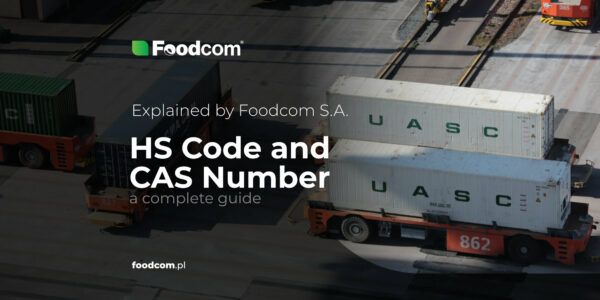HS Code – what is it?
The Harmonized System (HS) Code is an internationally standardized system of names and numbers that classifies traded products. Established by the World Customs Organization (WCO), the HS Code is used by customs authorities globally for duties and taxes purposes, trade data collection, and for monitoring controlled goods. Each HS Code represents a specific product or group of products, ensuring uniformity in product classification across different countries and facilitating smooth international trade.
Most common questions
1. Why is the HS Code important for international trade?
The HS Code system provides a universal language for product classification, making it easier for traders, customs officials, and other stakeholders to identify products without ambiguity. This ensures accurate tariff imposition, efficient customs clearance, and accurate trade statistics compilation across borders.
2. How is an HS Code structured?
An HS Code is typically composed of six to ten digits, depending on the country. The initial six digits are universal and define the product category at the international level. Additional digits are country-specific, offering more detailed classification at the national level.
3. How does Foodcom S.A. utilize HS Codes?
Being active in international trade, Foodcom S.A. employs HS Codes for product classification in all its transactions. This ensures adherence to global and local regulations, facilitates customs clearance, and provides clarity in trade documentation, ensuring seamless transactions and timely deliveries.
4. Can HS Codes change over time?
Yes, the World Customs Organization periodically reviews and updates the HS Code system to reflect changes in technology, trade patterns, and other factors. Such revisions ensure the system remains current and relevant to the ever-evolving global trade landscape.
5. How do traders determine the correct HS Code for their products?
Traders, including entities like Foodcom S.A., often consult customs authorities, utilize specialized databases, or engage experts to determine the accurate HS Code for their products. Ensuring the correct classification is vital to avoid customs delays, potential penalties, and to ensure accurate duty and tax calculations.





